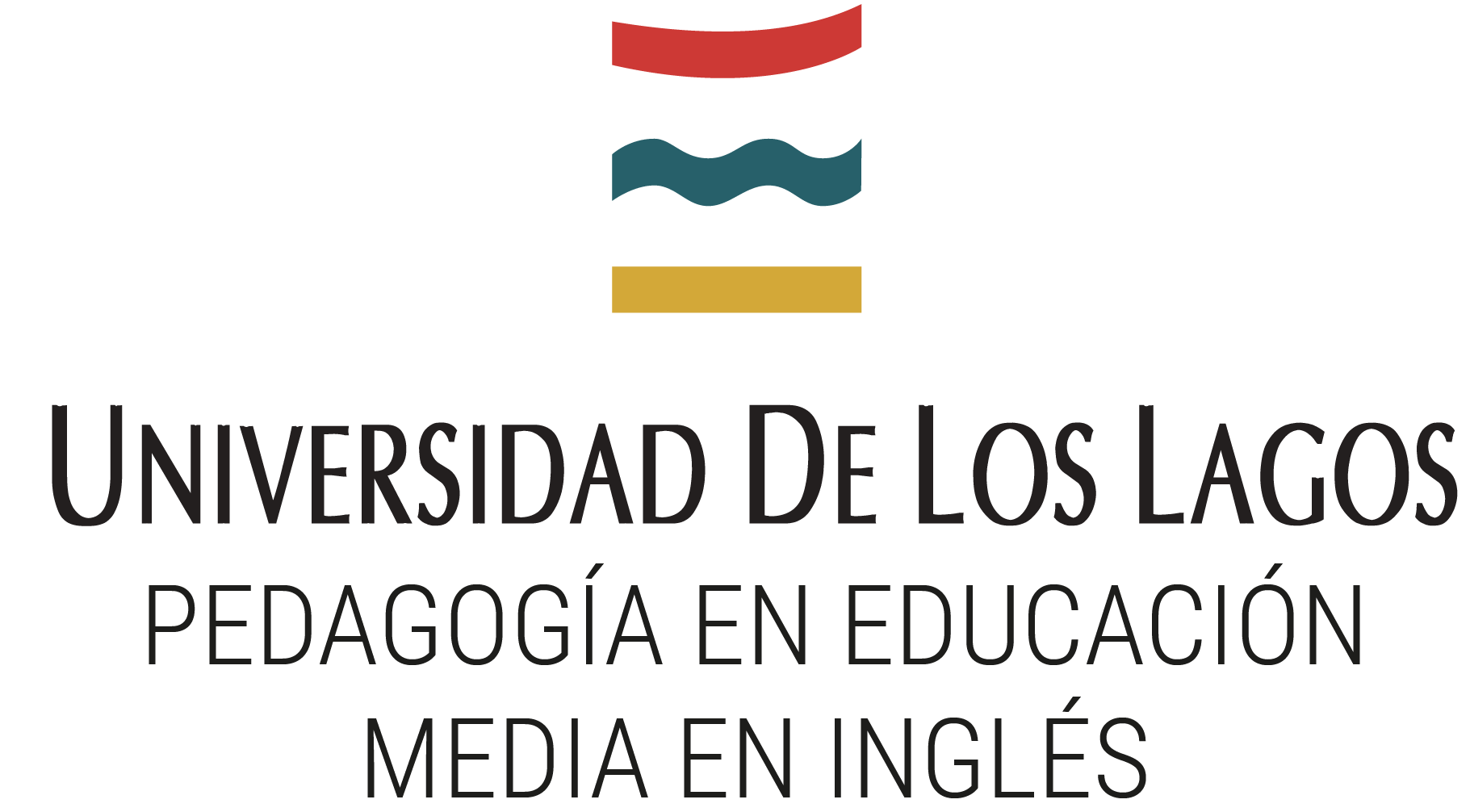This subject is part of the foundational disciplinary fields of teacher training -education and pedagogy. Through this course, students will approach the praxeological nature of teacher training, they will problematize the ideological, political, and technical dimensions of the processes of production and representation of culture in the school spaces articulated to the country's development project.
This course will address curriculum theory, the main approaches and conceptions of curriculum, the respective authors, as well as issues of curriculum design and development, with emphasis on the analysis of the ministerial guidelines - Curricular Bases - and their application in the different subjects of the country's basic and high school curriculum.
It is intended to provide students with the theoretical and practical elements of the curriculum, so that they can critically reflect on theoretical aspects of curriculum design and development. Which is materialized in the competence to plan concrete pedagogical actions to be applied in the Chilean educational system.
LEARNING OUTCOMES:
LO1 Discusses and distinguishes linkages and distances between the different curricular currents in dispute in the field of education and pedagogy.
LO2 Evaluates the theoretical and empirical evidences that provide a political epistemological justification of curricular decisions that materialize in different teaching and learning experiences in their discipline.
TEACHING METHODS:
Method: lecture and theoretical reflection led by the teacher, who presents concepts, ideas, and matrices and formulates questions. At the same time, it also responds to questions and challenges of the students.
Assignment of readings and learning activities.
Elaboration of an essay in which the student takes a position on the educational phenomena from the curricular theory.
MODULE CO-ORDINATOR: Silvia Retamal | This course is taught in Spanish
TRANSFER CREDITS: 3 credits
MODULE TYPE/SEMESTER: Semester 4
HOURS: 3 hours of lecture per week | 2 hours of independent work










